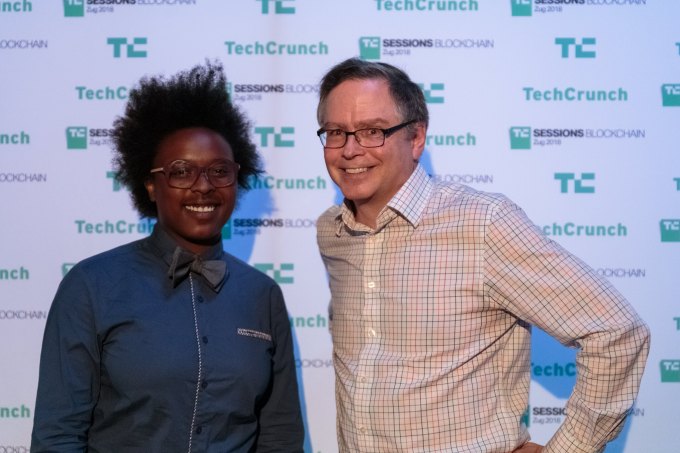Social entrepreneurship pioneer Jim Fruchterman has launched a new nonprofit, Tech Matters, with $1.7 million in backing from corporate and foundation sources, including Twilio, Okta, Working Capital, Facebook and Schmidt Futures.
Tech Matters is Fruchterman’s new vehicle to address what he sees as a crippling weakness in the social good sector: the failure to use technology the way technologically savvy for-profits do.
“The social change sector has huge problems and is 10-20 years behind the times. People are finally waking up to the fact that if they really want to do social good at scale that’s going to involve software and data technology,” says Fruchterman. “The mission is to bring the benefits of technology to all of humanity, not the richest 5% of it.”
In order to have the broadest possible impact, Tech Matters is aiming for wins at the technology systems level that can benefit multiple organizations facing similar challenges.
The firm’s first partnership is with Child Helpline International, which is working with Tech Matters to create a common platform for 170 groups around the world providing hotlines for children facing crises such as drug and sexual abuse. Twilio.org, the social good arm of Twilio, is providing $300,000 to support the project, as well as Twilio’s Flex contact center platform.

Jim Fuchterman with TechCrunch reporter Megan Rose Dickey at TechCrunch Sessions: Blockchain in Zug, Switzerland, 2018.
Today, most of those 170 hotlines are either iffy hacks running on a computer somewhere or dependent on a volunteer, a phone and a pad of paper. The new platform will enable volunteers to track inbound messaging via sms, voice, WhatsApp, and WeChat.
“It is super compelling to be able to help 170 helplines with one partnership,” says Erin Reilly, Twilio’s chief social impact officer. “Tech Matters has the technical expertise and staff to build this. We are confident they can execute and we are honored to play a small part.”
Tech Matters is in many ways a continuation of what Fruchterman started in 1989 with his first nonprofit, the Palo Alto-based Benetech.
Fruchterman, a Caltech engineering grad, MacArthur Fellow and successful entrepreneur, set up Benetech to raise capital, much the same way venture firms do, to support technologically sophisticated approaches to social problems, especially in the disabilities and human rights fields.
Benetech’s biggest success was to win the U.S. Department of Education’s contract for Bookshare, the federal program that funds reading materials for the blind. Benetech won the contract by digitizing the materials that were formerly cassette tapes and Braille books, which in turn reduced costs, improved the service to readers, and expanded services. In 2017, Benetech won the five-year, $42.5 million contract for the third time.
Fruchterman handed leadership of Benetech to Betsy Beauman in 2018 and left to start work on Tech Matters. Asked what’s different this time, Fruchterman says Tech Matters is structured so that he can concentrate on helping figure out systems solutions that have broad relevance to the social sector, as well as provide consulting to nonprofits pondering technology investments.
“At Benetech, raising money to support an 80-person team and a $15 million budget took 80% of my time,” he says. “Now fund raising is more like 20% and I am liberated to actually do the advising I want to do. Basically I provide free consulting, though more often it’s free anti-consulting, because most of my job is talking to people out of bad tech ideas.”
Fruchterman is also writing a book to help get his message out as broadly as possible to nonprofits. “One chapter I’m itching to write,” he says, is “The Five Bad Tech for Good Ideas,” which everybody tries first, like the app nobody will download, the blockchain as your first significant database project, the One True List and so on.”
With the COVID-19 crisis now raging, Fruchterman is especially eager to take on a close cousin to the crisis text hotline project. “My dream even before the pandemic was to work with some of the cloud companies to create a fully functional crisis contact center in a box solution. The idea is that we could quickly provision solutions that would allow a new hotline to turn on in hours or a day at most.”
Additional backers of Tech Matters include EcoAgriculture Partners, FJC, the Hitz Family Foundation, the Peery Foundation, the Ray and Dagmar Dolby Fund.
